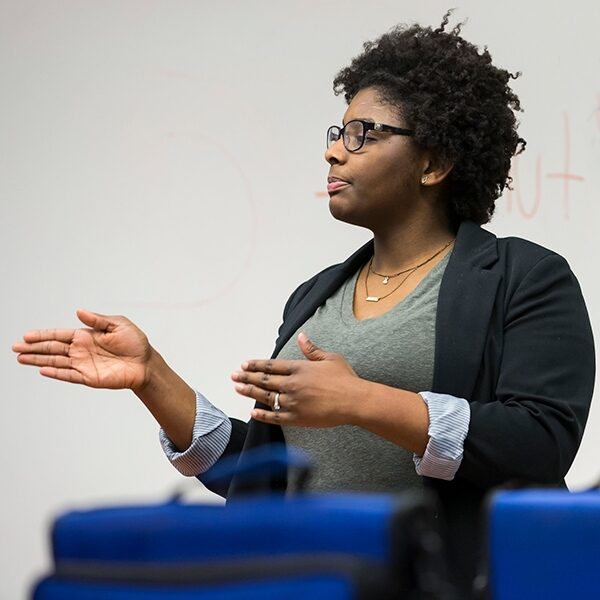
Over the next few months, The Learning Accelerator will be designing resources, curating conversations, and engaging with school leaders like we’ve never done before. We’ll be doing this through the launch of a companion to our “One Thing” for educators series that specifically offers support and guidance to school leaders during this time of school closure and remote learning. The goal of this series will be to share actionable resources that leaders can easily customize and apply in their own contexts.
The topics we’ll be covering are based on feedback we’re actively hearing from principals and school leaders around the country. Each week, we will confront a new challenge that we hear about from the people doing this difficult work on the ground. We will link back to previous topics as we build on our series over time, and we will curate the best resources we find in an effort to limit the noise and make it easier for education leaders to address the real issues they’re facing.
Here is what you can expect from us:
- Topics based on data: The resources we develop will be based on real-world problems. To date, we have surveyed around two dozen school leaders and over 100 teachers about their transitions and challenges during the COVID-19 crisis, and we’ve dug into data shared by other leadership groups in the space like AASA.
- Actionable resources you can apply: There is a lot of virtual noise right now – countless resources and ideas seem to be popping up every day, but there is an accompanying shortage of actual resources you can apply in your own context. We’re working hard to fill this gap.
- Focused on meeting you where you are while advancing toward the future: There will be natural stages to this event. We intend to help you meet your needs around the immediate crisis first and then adapt our resources as the situation evolves over time. From handling the current reality to relaunching schools, our materials and resources will guide you into an ever-advancing state that supports your needs.
While we will continually revise our content calendar based on the feedback we receive and the challenges you are facing, we anticipate topics falling into a few broad categories:
- Tactics and practices: You have urgent needs that press your creativity, and you likely need viable solutions for the reality you and your school team are facing. We aim to build guidance that supports you and your needs as a leader. We will be developing resources to help you hire teachers virtually, design plans for learning loss, and integrate supports for your community during sequestration.
- Connection, community, and culture: Building culture and creating a climate where students, teachers, and families can reach their full potential is one of the primary undertakings of any school leader. Adjusting that culture in times of physical distancing is difficult, but the resources we design will address this need.
- Strategic and future-oriented planning: School leaders can straddle the present and the future simultaneously, and it is important to keep an eye on both. The resources we’ll be sharing will help you consider your long-term plans. Topics like summer learning, relaunching school in the fall, and the potential for rolling school closures will all be considered in our series.
As we produce and share this series, we hope to hear from you. If you have thoughts about what we are creating or have a burning issue you need help tackling, let us know by emailing jeremy.jones@learningaccelerator.org or contacting us on Twitter @LearningAccel.

